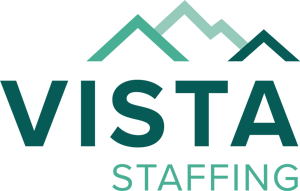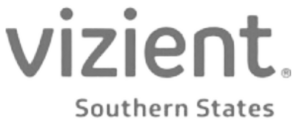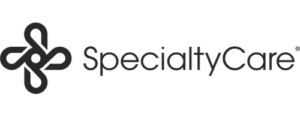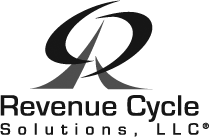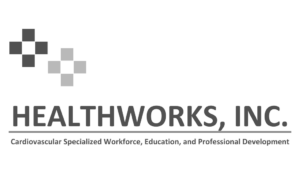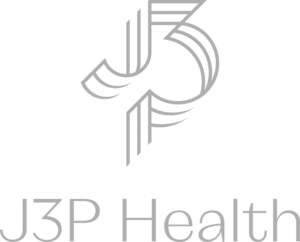By 2030, the American Medical College is predicting a shortage of 124,000 physicians in both primary and specialty care, with this number continuing to increase post COVID-19. To attract and hire top talent, in a competitive environment, it is more important than ever for healthcare organizations to “Roll Out the Red Carpet” when interviewing physicians.
According to Dictonary.com, “Rolling out the carpet” is an informal expression that means to formally greet or welcome an important guest, treating them with special attention and hospitality. Make the guest feel special, unique, comfortable, respected, and valued ( www.dictionary.com, 26 September 2023).
By treating the interview as a special event, healthcare organizations can differentiate themselves from their competitors. Today, competition between healthcare organizations to recruit the best talent is fierce. There is a high demand for specialized skills with a limited pool of qualified physicians.
A welcoming and well-thought-out interview can enhance the healthcare organization’s reputation in the community. Physicians who have a great experience will share their impressions with their colleagues and this can potentially lead to additional interest from other potential physicians.
Below are a few tips on “Rolling out the Red Carpet” for physician interviews:
Start with building and maintaining a relationship with the candidate on the first contact.
- Providing an exceptional experience to a candidate requires a large amount of effort and attention to detail. Timely communication is key. Making a quick connection, providing information about the position, building a relationship, and getting the candidate onsite quickly will enhance the connection between the candidate, the recruiter, and the organization. Having a recruiter or administration member as a point of contact at the organization for a candidate is important.
Find out as much as you can about the candidate before the interview.
- Do the research and the vetting. Know the candidate’s background, experiences, education, and achievements and share this information with the individuals who will be interviewing. This is also a great way to start a conversation.
Making and paying for travel arrangements for the interview is an expectation.
- Ask if the candidate will be coming alone or bringing a significant other with them to the interview. Including the spouse and providing information to them is important, whether it be professional opportunities available or information about good schools for children. This information can easily influence a candidate with their decision to accept a position.
Welcome the candidate by calling the night before the interview or when they reach the hotel to answer any questions about their interview.
- Offering to pick them up or drive the candidate to the actual interview can set the candidate at ease. Keep your schedule open on the day of the interview and be prepared to assist at any point during the day.
The interview should be professional. This includes having a structured agenda and keeping to that agenda.
- Be mindful of the candidate’s time and keep the interview moving. Try to avoid unnecessary interruptions and delays. It is necessary to keep the interview panel timely in meeting with the candidate.
The candidate will want to speak with the individuals that they will be working with.
- If the team is not part of the interview, candidates become wary and may suspect the organization may be hiding something.
Coach the interview team in offering information about the healthcare organization, benefits information, the department, location, and the culture.
- Have members share with the candidate why they choose to work there and provide a tour of the facility and department.
If the physician is not local, a community tour can provide the candidate with valuable information.
- “Googling” information about a location is not always the best tool in assessing a location. A community tour can help a candidate evaluate the local amenities, housing, and overall quality of life by seeing things firsthand. It can also help the candidate decide whether the culture is a good fit for them. This is also an opportunity for a company to highlight its values and demonstrate how the organization contributes to the community.
Often organizations will invite a candidate to dinner or some sort of social event at the end of the day with providers in the practice and members of the leadership team.
- This informal gathering creates a space for networking and building relationships and allows the candidate to better understand who the key people are. Employers can observe a candidate, engage in small talk, and see if the candidate is compatible with the organization in this type of informal setting.
At the end of the interview, provide feedback on the process and timeline for the next steps to the physician.
- It is important that the candidate has contact information for individuals that they met during the interview day.
Reach out to the candidate and ask leadership and practice partners to keep in touch with the candidate after the interview for further questions or needed information.
- Sending a thank-you note is a perfect way to continue the ongoing dialogue. Make sure you are expressing your appreciation for their time and interest in the position. This note will also reiterate the organization’s interest in them as a qualified candidate.
Lastly, decide on a hire quickly and timely.
- This is extremely important for several reasons but the number one reason, often taking a long time to decide on a hire, allows candidates to continue to explore other opportunities and to forget about how the “red carpet was rolled out” for their interview.

 company
company 
 (412) 364-8200
(412) 364-8200






